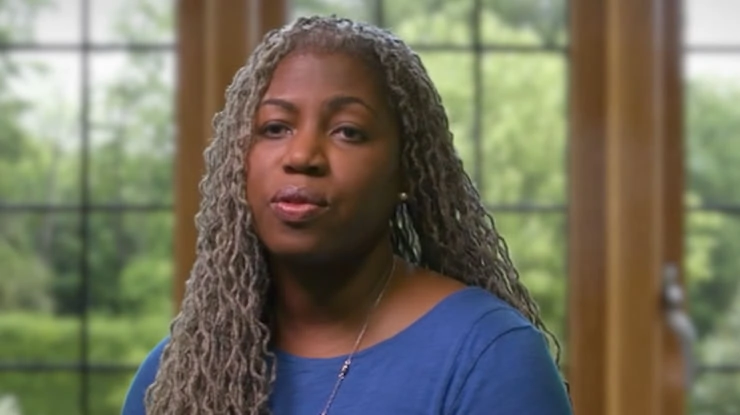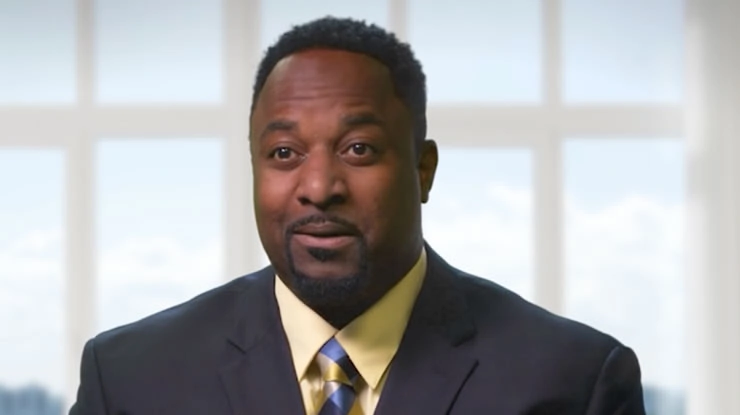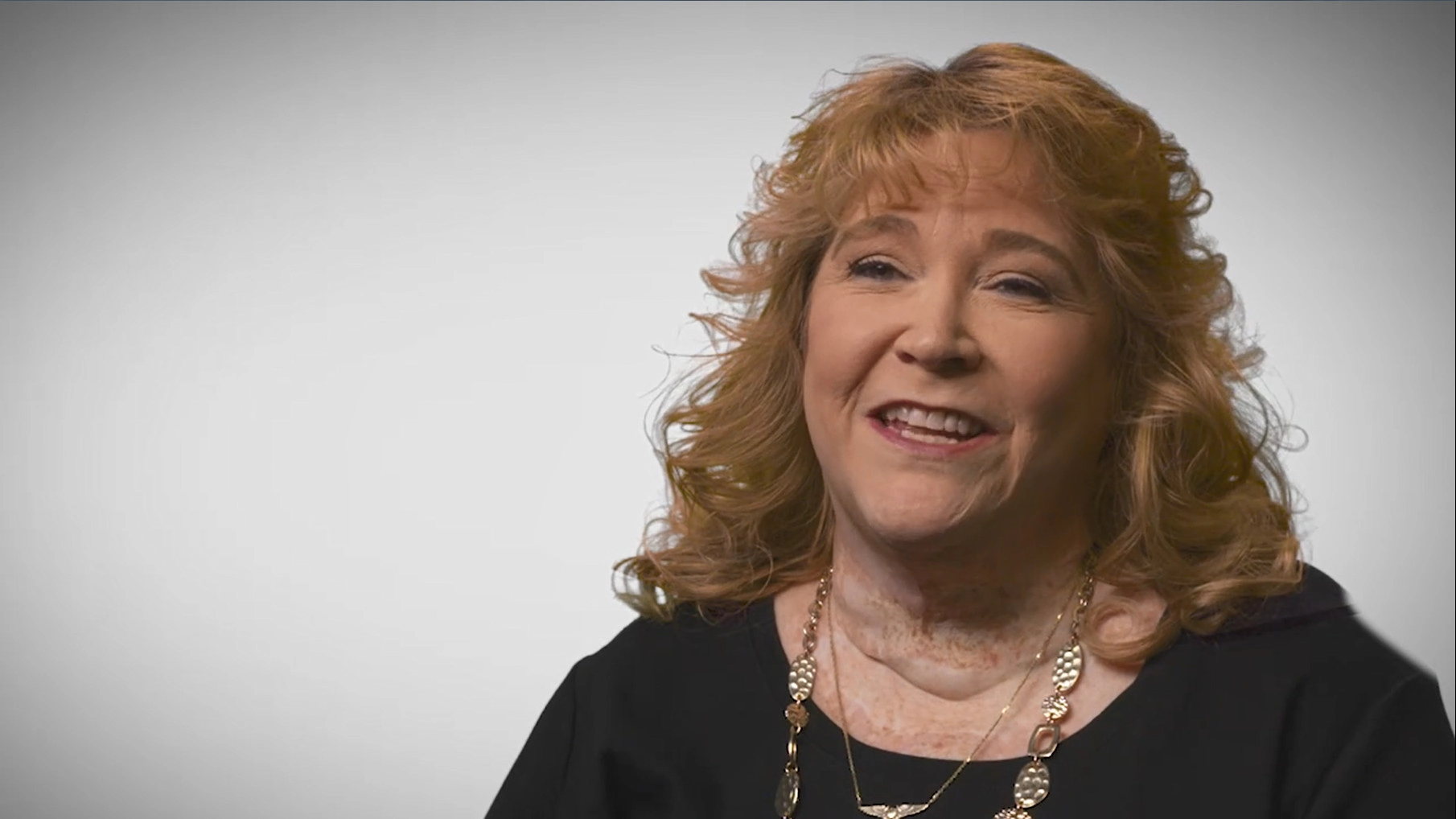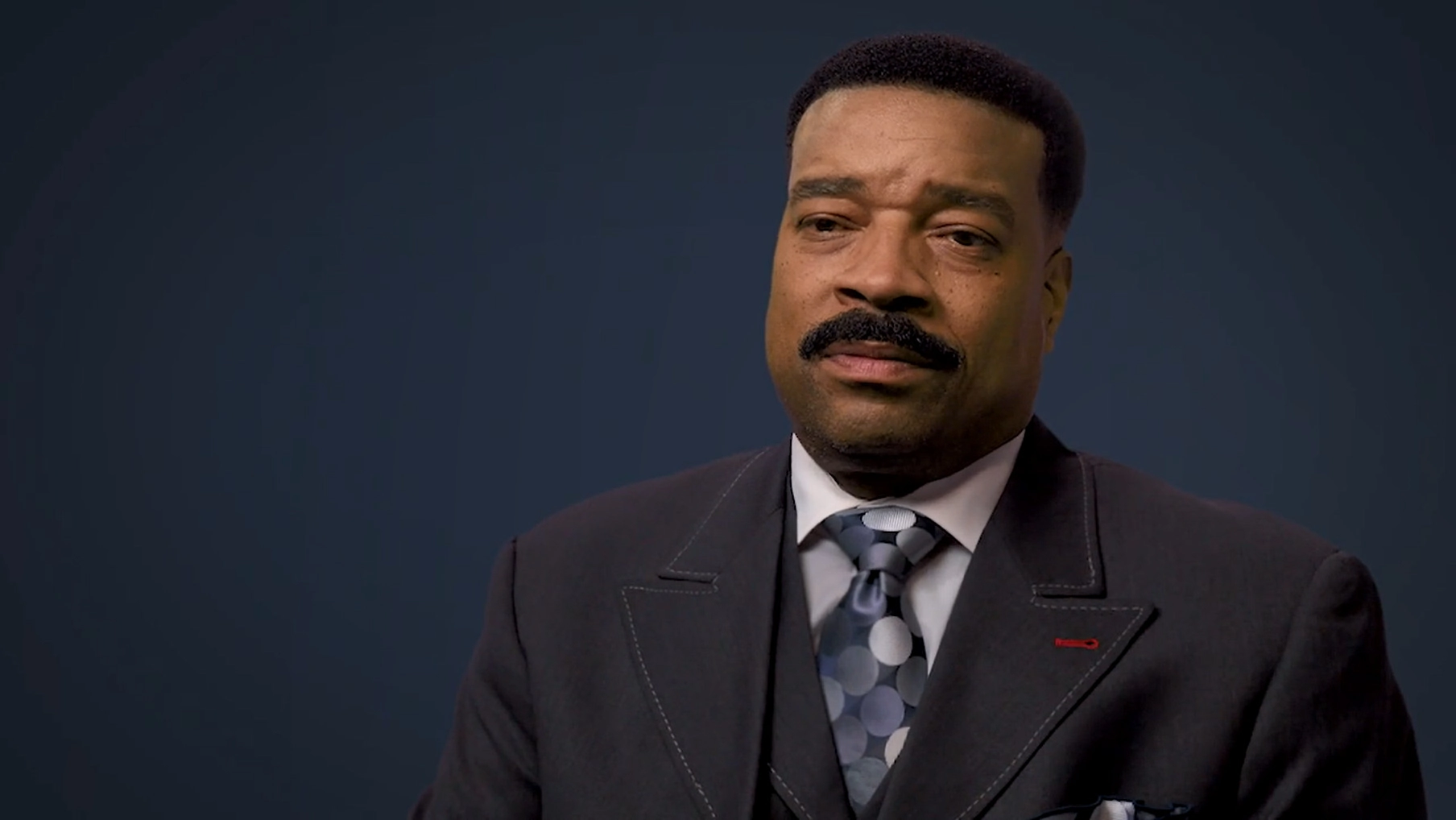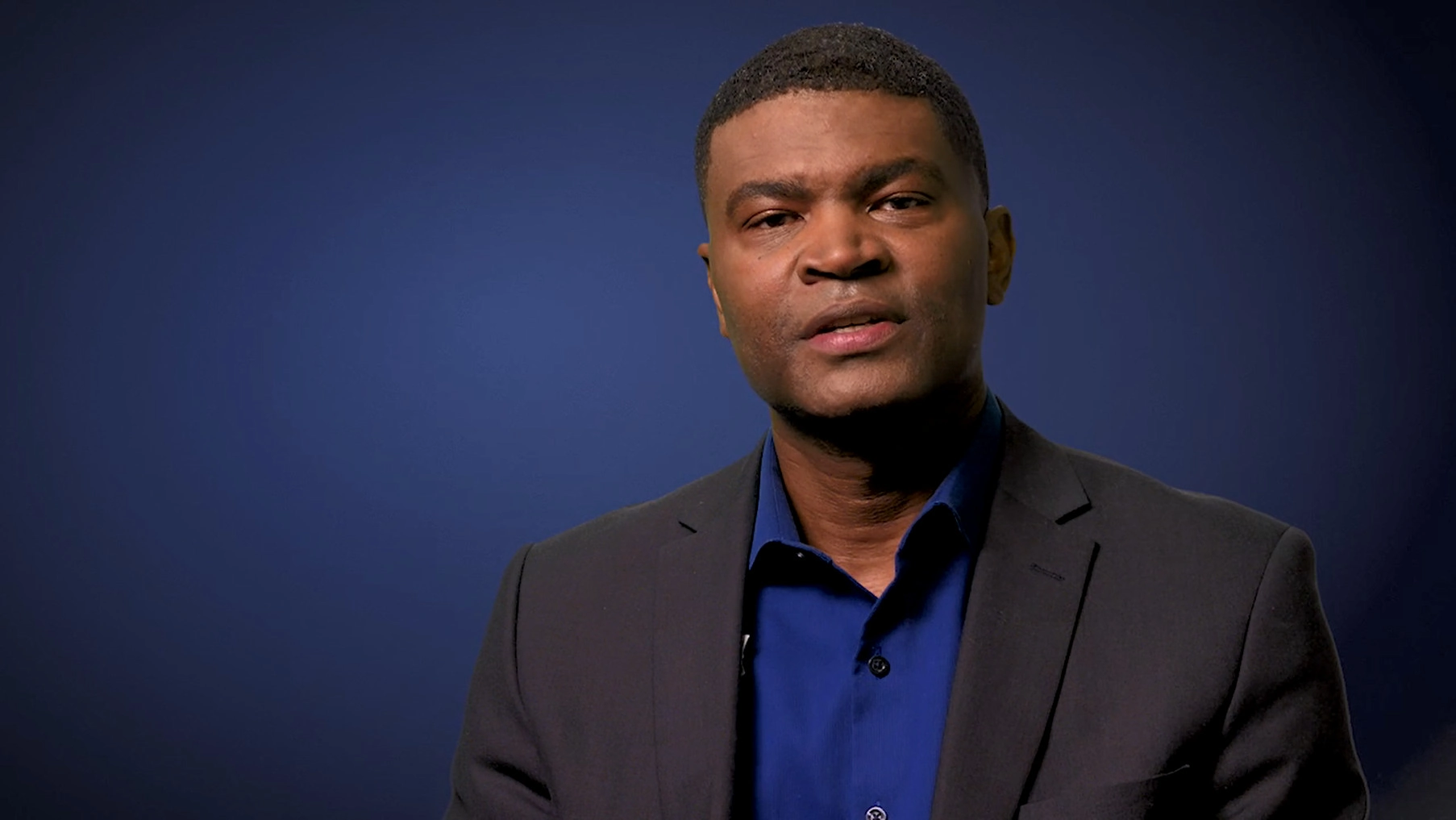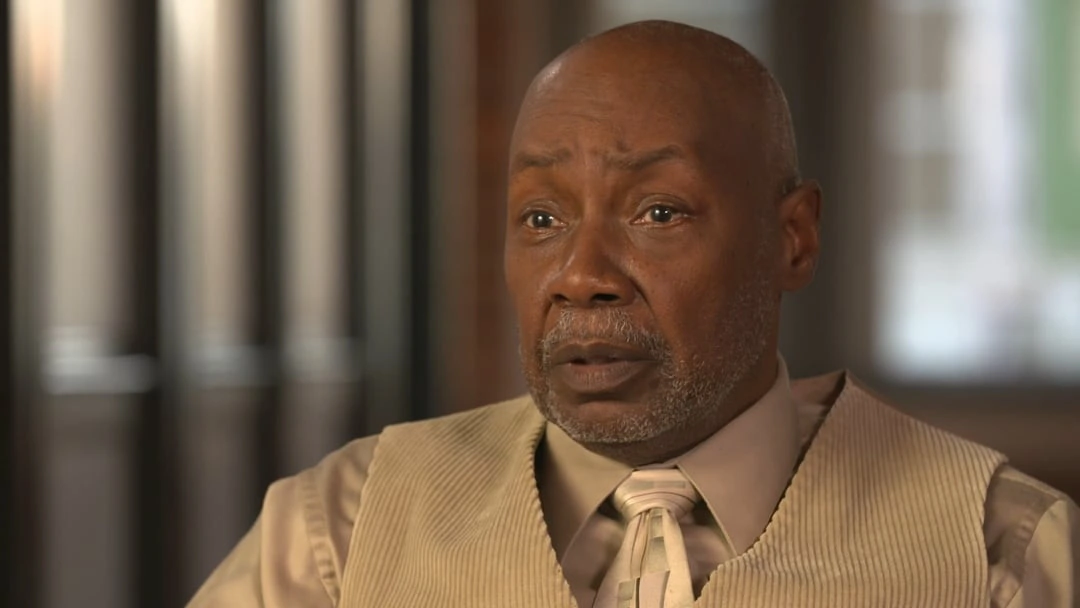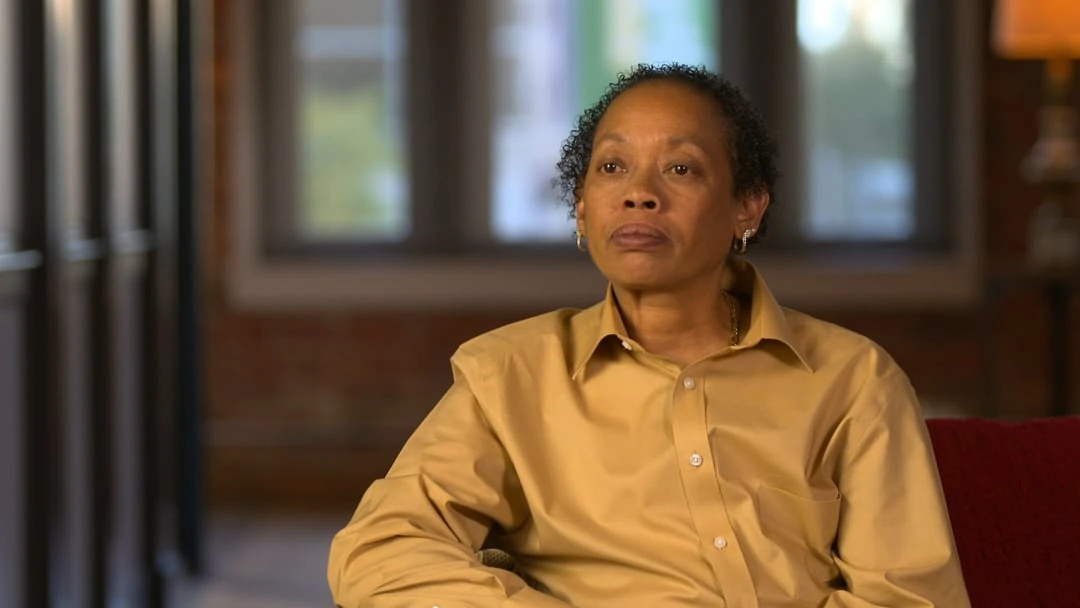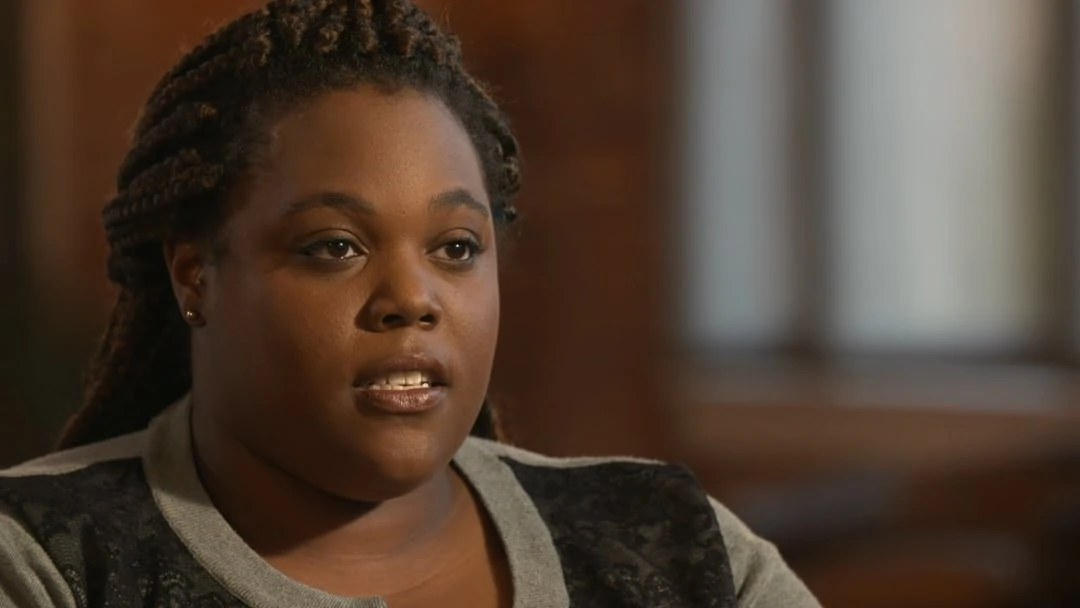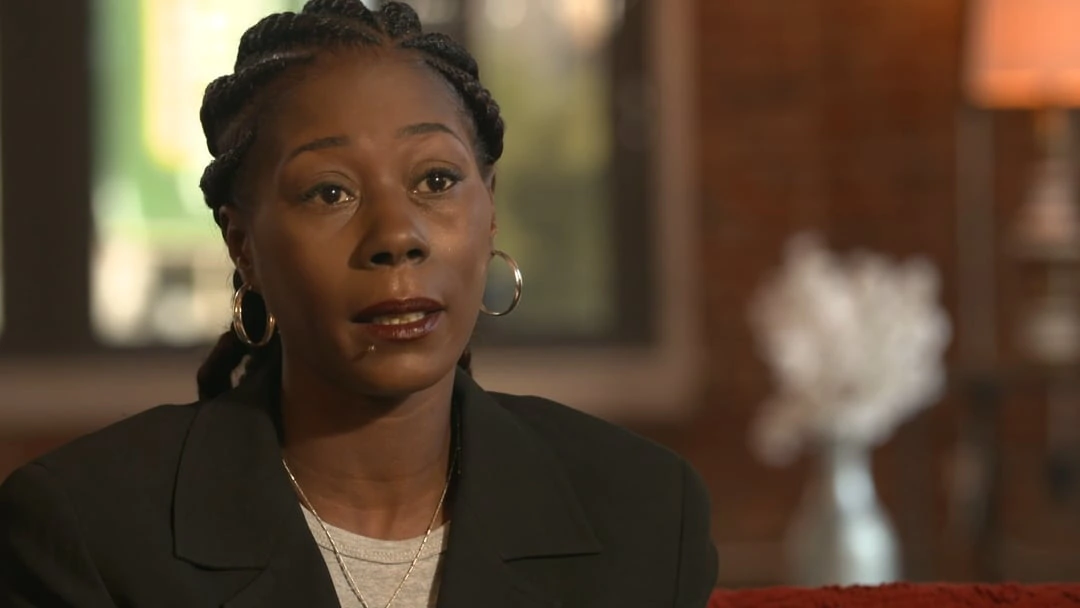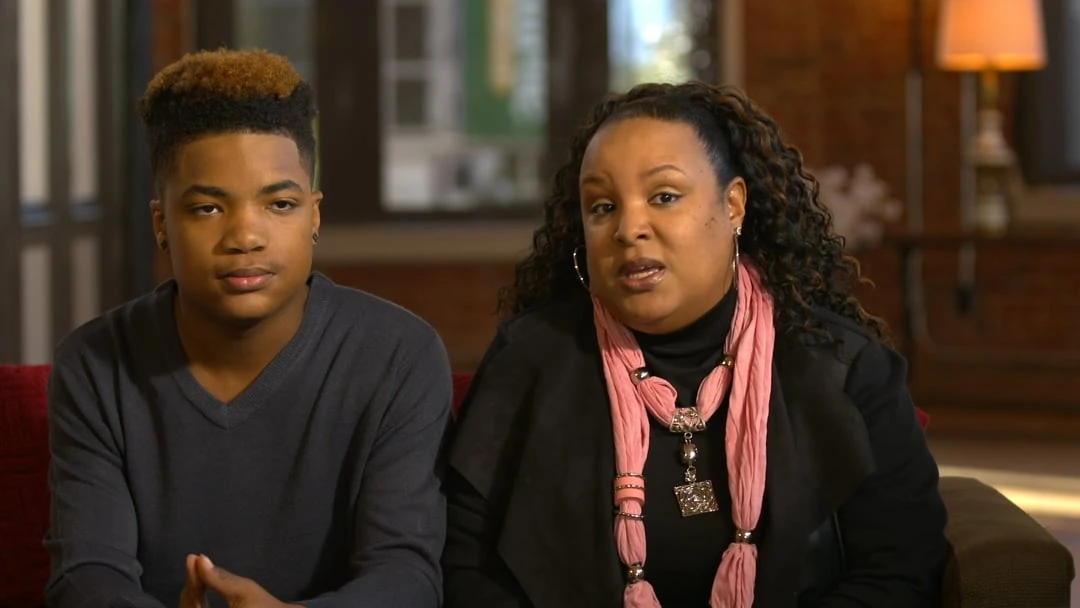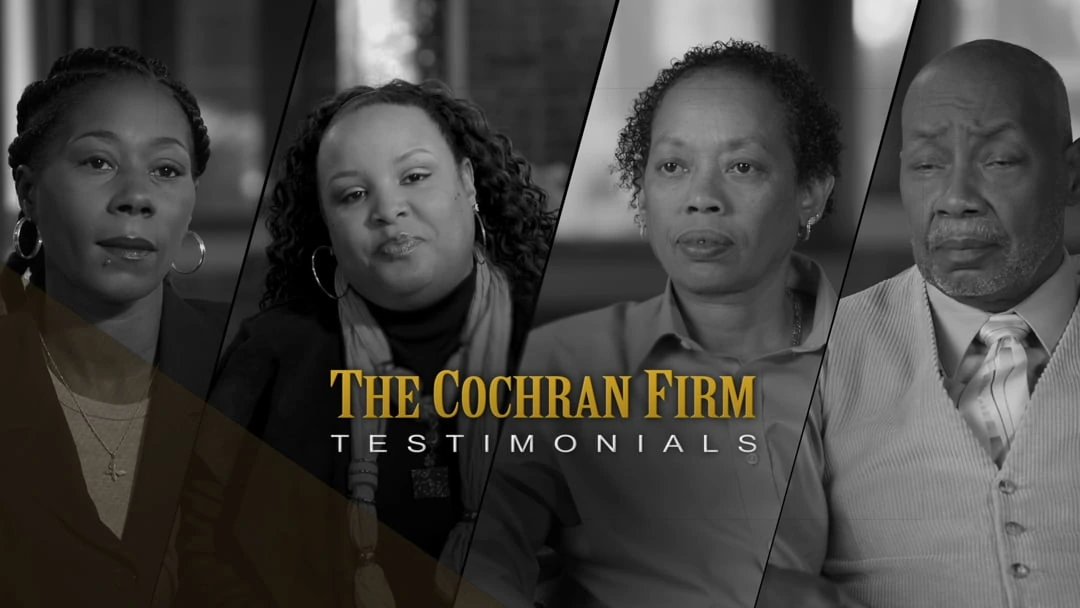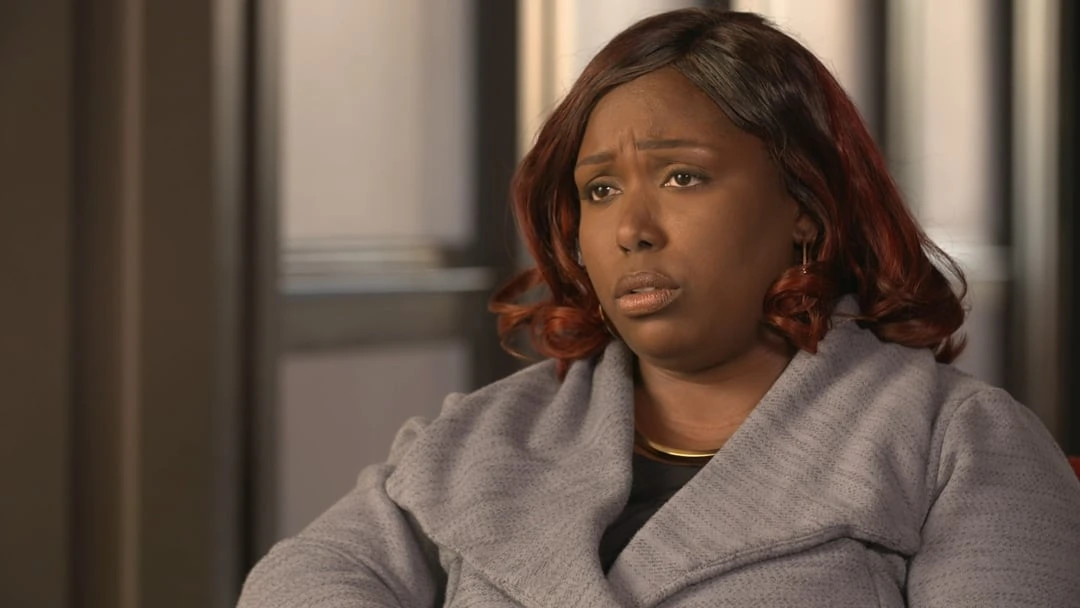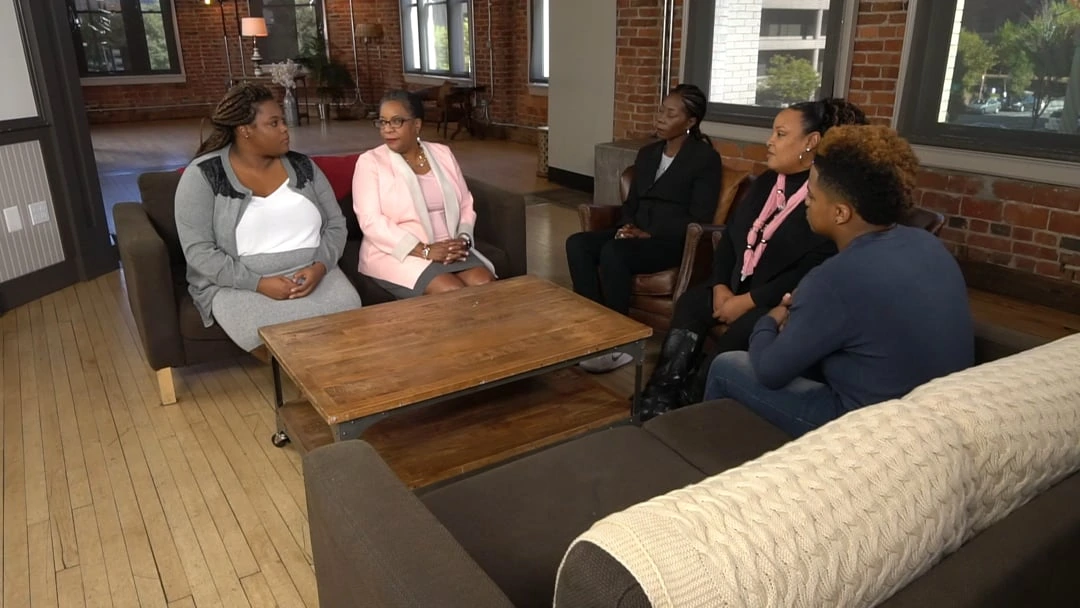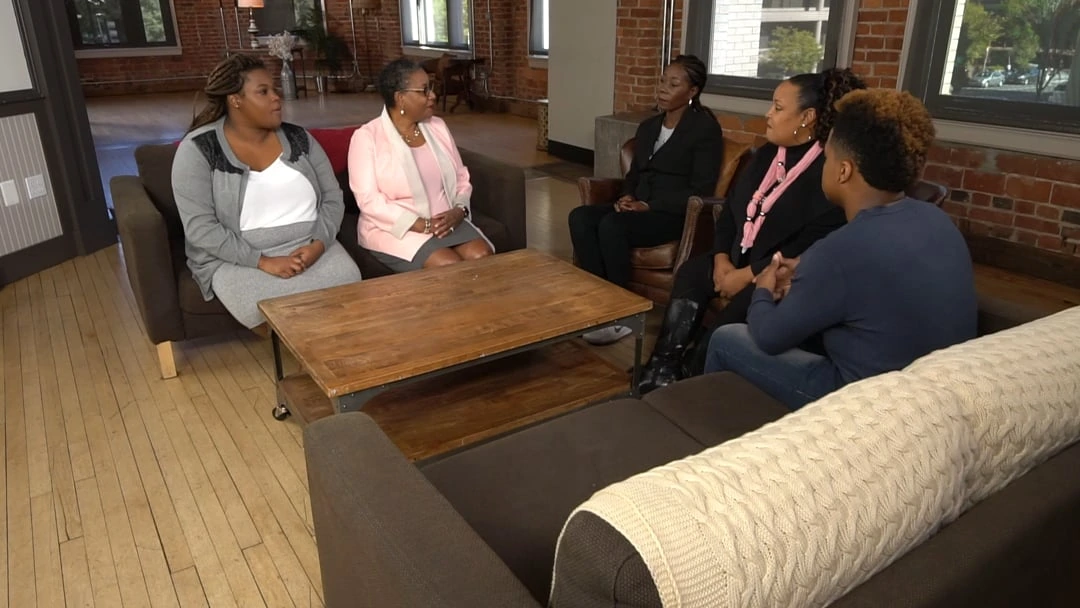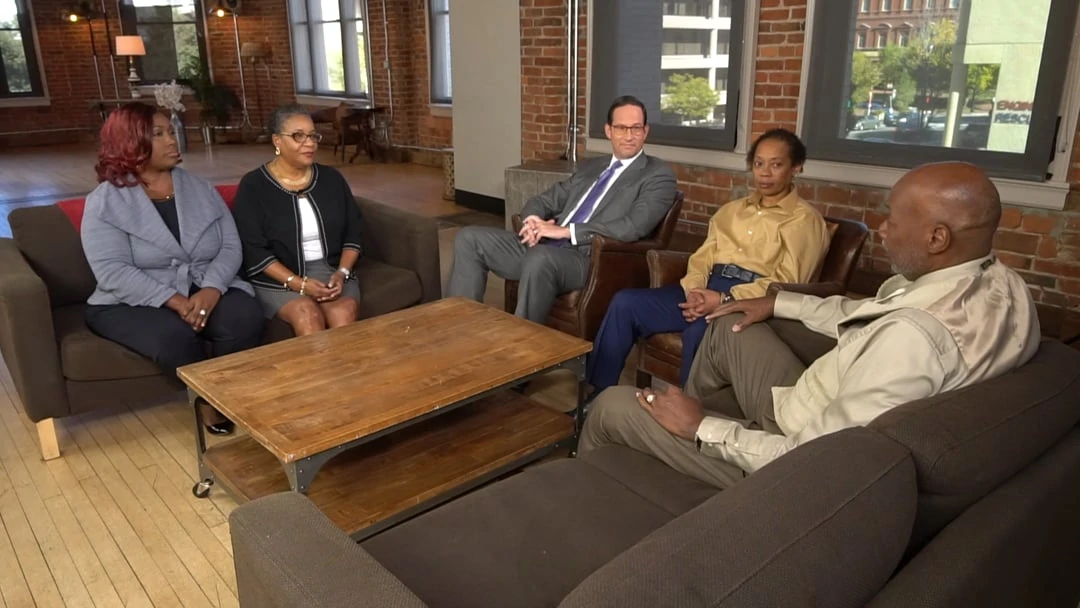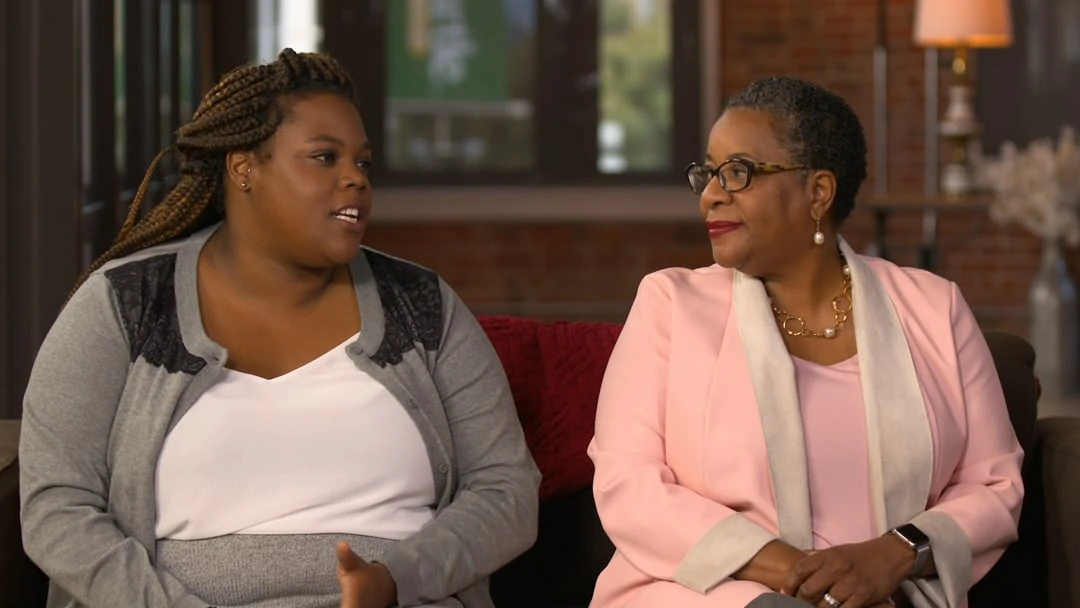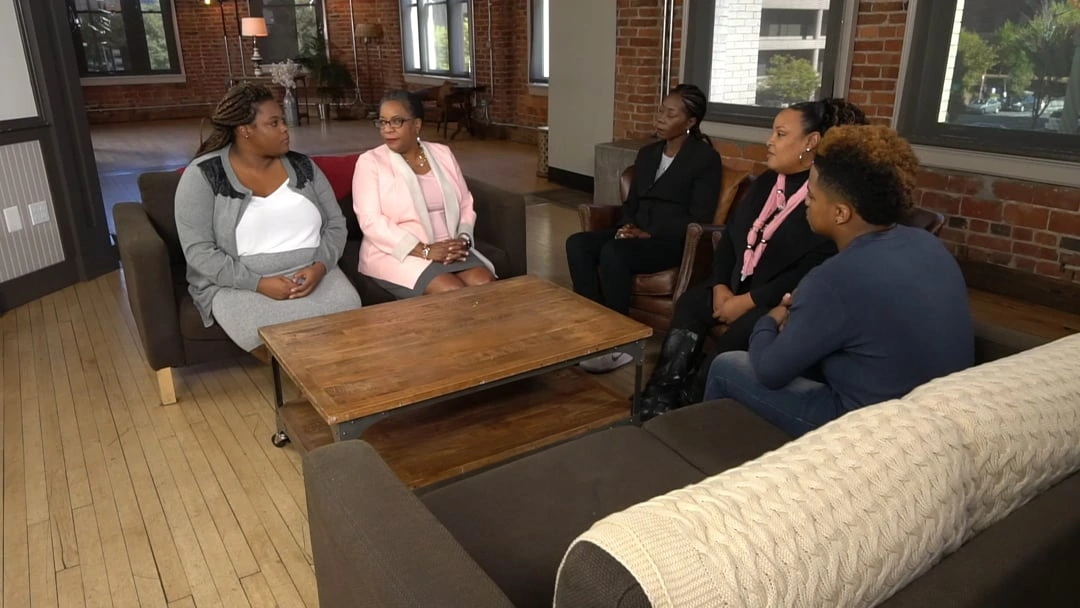Picture yourself driving down W. Broad Street Route 7 in Fall Church. At the N. Washington St. intersection, you flip on your turn signal and seeing that the road is clear, begin making a left turn. Out of seemingly nowhere, a speeding car appears and smashes the side of your vehicle. Who is at fault? The other driver is furious and claims the accident is your fault because you did not yield the right-of-way.
It may shock you to learn that, in Virginia, it’s possible you will be denied any recovery for your injuries from the other driver. Even if the other driver was negligent by going over the speed limit, the rule of contributory negligence may prevent you from any compensation if the court finds you were partly at fault.
Virginia is one of only five jurisdictions in the United States that continues to recognize contributory negligence as a legal defense. Under this archaic doctrine, an injured victim may be barred from any recovery if the defendant proves the accident was even slightly the fault of the victim. In order to prevail on many types of injury claims in Virginia, you must prove that the accident was entirely caused by the defendant.
Insurance companies support this severe legal doctrine because it means they sometimes do not have to pay money to injured victims. Although 46 states have abolished this draconic rule in favor of comparative negligence, the Commonwealth of Virginia continues to recognize contributory negligence as the law of the land. Rather than completely barring compensation even where an accident was 99% caused by a defendant, comparative negligence fairly reduces a plaintiff’s recovery by the amount the plaintiff was at fault.
Even if you were partially at fault, this does not necessarily preclude bringing an injury claim. Your negligent act might not have been an actual cause of the events that lead to the injury. In the legal profession, this is known as a proximate cause. Our experienced Virginia injury lawyers can analyze your case and determine whether your actions were a proximate cause of the accident. Prior court decisions, regulations, and other sources are often used in this investigation process.
Even if you did not cause any part of an accident in which you were injured, some defendants may still claim it was partly your fault in order to take advantage of the contributory negligence defense. Lawyers for insurance companies, corporations, and individuals who caused injuries may attempt to concoct an argument that the injured victim was at fault somehow. If they prevail on this claim, it is possible you will recover nothing.
At The Cochran Firm, D.C., our experienced and knowledgeable Virginia accident lawyers understand how to counter common contributory negligence claims. Our team of legal professionals can take you through the injury claim process, by procuring accident reports, medical examination records, depositions, police reports, and other documentation. Additionally, our attorneys are well versed in the precedent case law and regulations governing contributory negligence defenses and are prepared to vigorously counter invalid claims.
Contact our seasoned Virginia injury lawyers today for a free consultation. Our experienced lawyers can analyze your situation and determine whether a contributory negligence defense will apply to your Virginia injury claim. Our initial case evaluations are always free and confidential.
